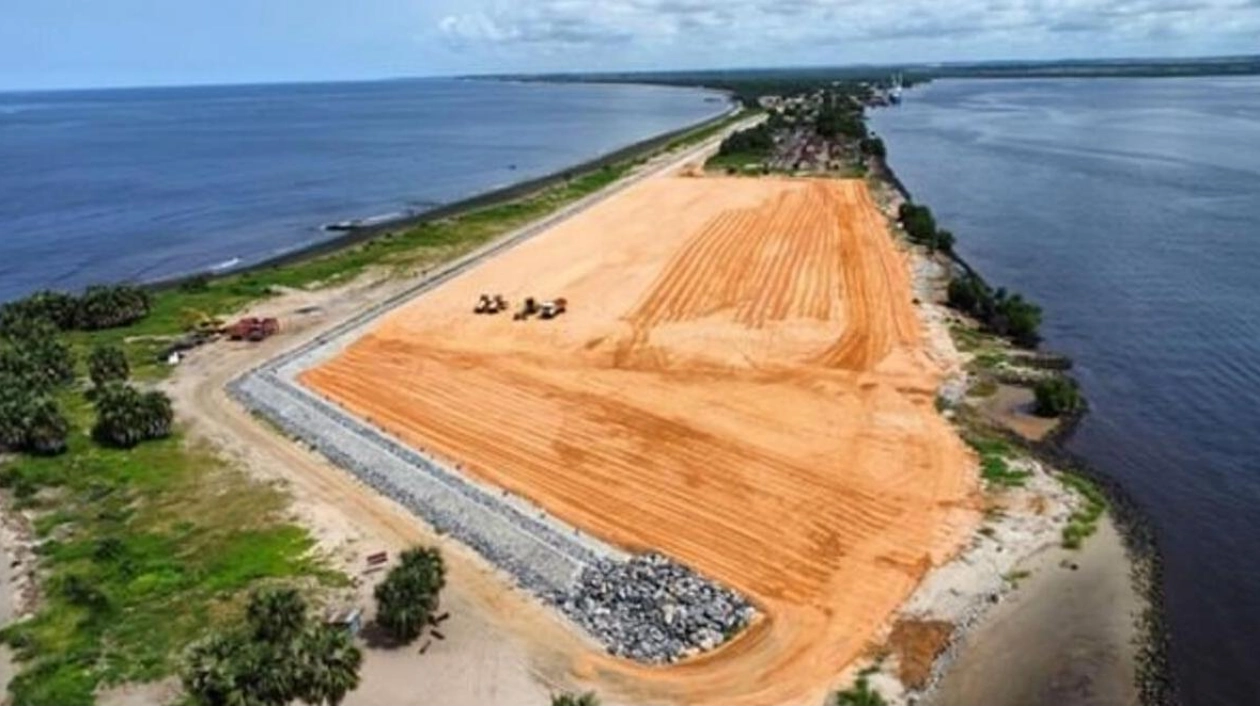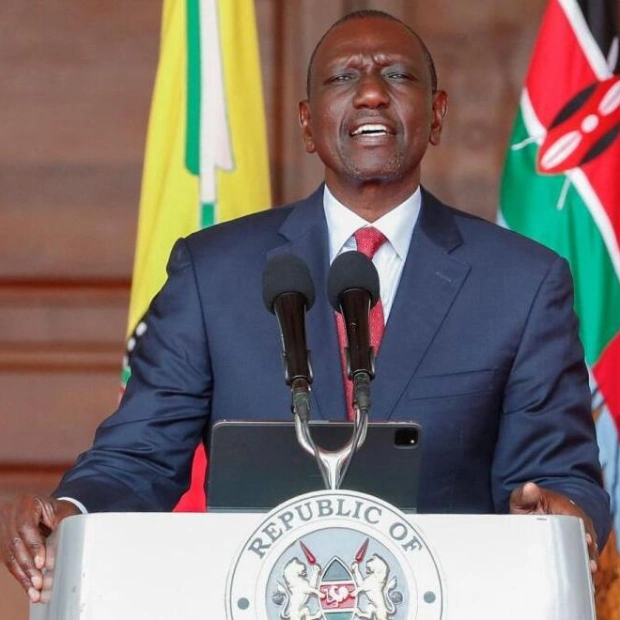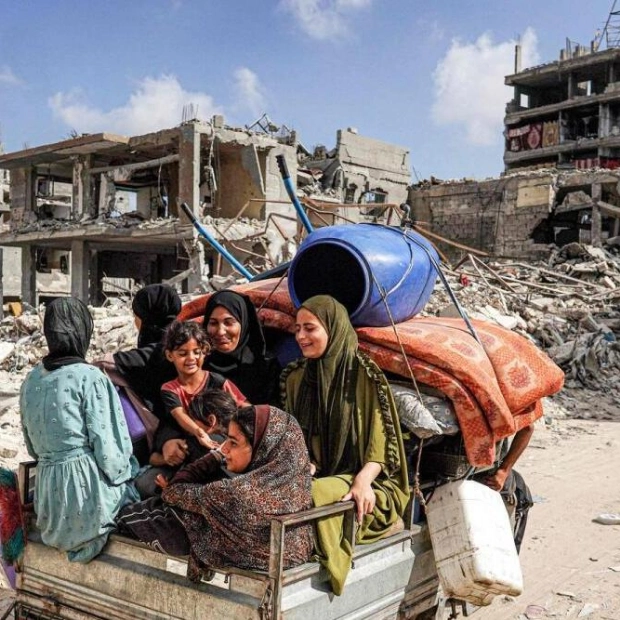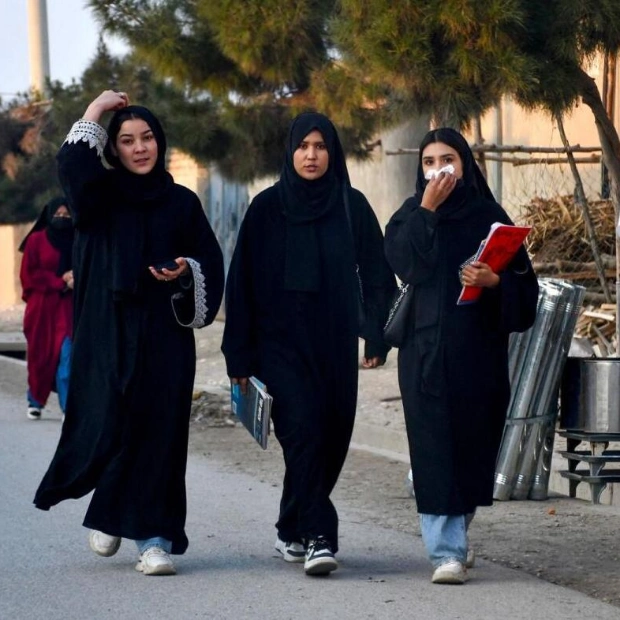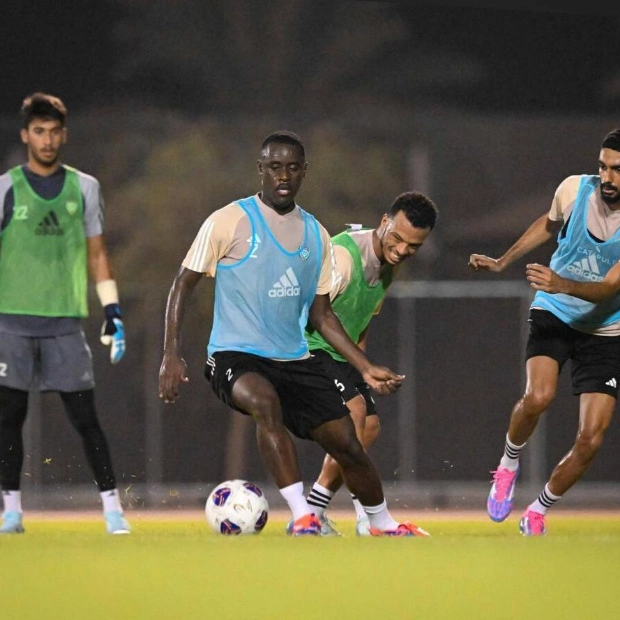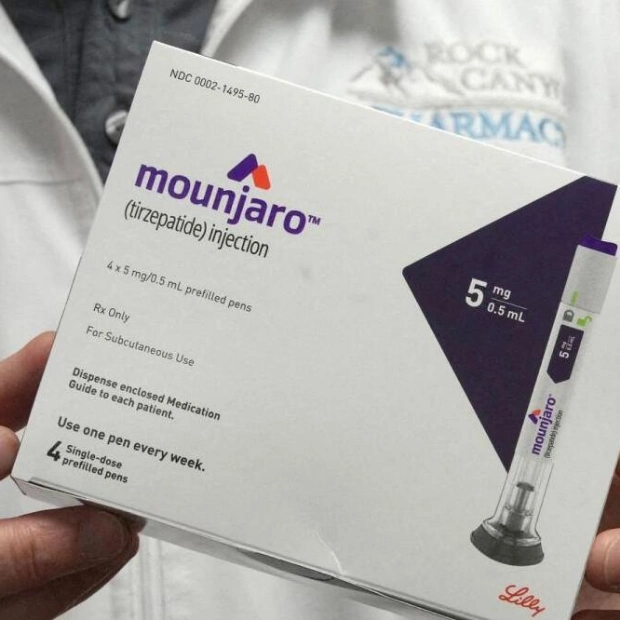British International Investment (BII), the UK's development finance institution and impact investor, has pledged to invest up to $35 million in the initial phase of a new container port in the Democratic Republic of the Congo (DRC). The DRC, Africa's second-largest and fourth most populous country, will see the construction of its first deepwater container port, the Port of Banana. This port will significantly enhance the DRC's connectivity to international markets, thereby boosting its trade potential for the benefit of millions.
This investment in the Port of Banana extends the partnership between BII and DP World, a global ports and logistics operator, which began with the modernization and expansion of ports in Dakar, Sokhna, and Berbera in 2021. BII will hold a minority stake in the new port, similar to its involvement in the previous projects. These earlier ports are set to improve access to essential goods for about 35 million people, support 5 million jobs, and increase total trade by $51 billion by 2035.
The Port of Banana, with a draft of 17.5 meters, will accommodate large container vessels and serve as the primary gateway for container imports and exports in the DRC. This is expected to reduce trade costs by 12 percent, create around 85,000 jobs, and add $1.12 billion in trade and $429 million in economic growth, equivalent to a 0.65 percent increase in the DRC's GDP.
The port's development is planned in multiple phases, with its capacity expected to grow over time. It will be linked to a network of infrastructure, including a free zone and multimodal logistics facilities, connecting it to major urban centers like Kinshasa. The 578km Banana-Matadi-Kinshasa trade corridor, home to about 54 million people, will benefit economically from the new port.
As the sole maritime access point for containerized goods in the DRC, the Port of Banana will ensure logistical independence and sovereignty over foreign trade. It is anticipated to significantly improve economic welfare for the lowest-earning rural households, with about one-third of the new jobs in agriculture.
Increased containerized trade will also make essential imported goods more affordable and accessible. Chris Chijiutomi of BII and Mohammed Akoojee of DP World both expressed their excitement about the project's potential to support economic aspirations and create jobs in the DRC.
